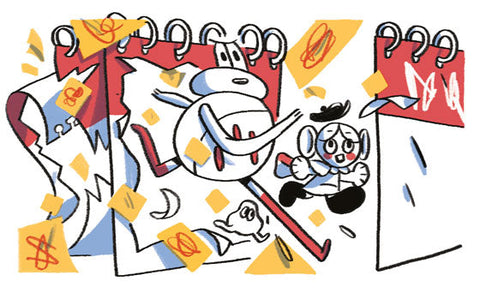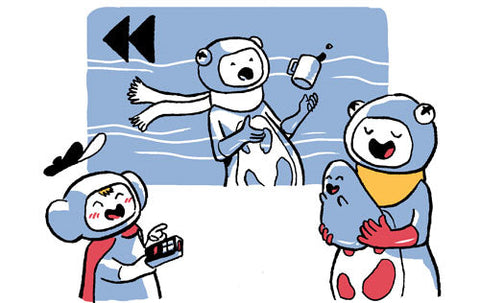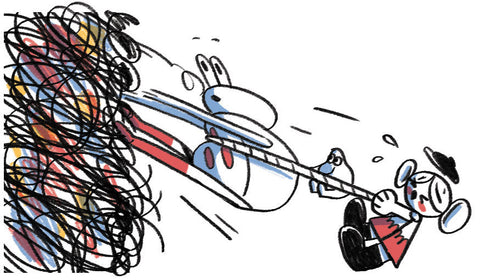ℹ️ Skip to key parts of the session by clicking on the chapter dots along the timeline.
This is a short but sweet overview of the supremely useful Mind Map tactic, which you can use alone or as a group. What’s it for? In short: collecting all your thoughts about a topic in one place, so you can analyse and explore them more easily.
Watch from the start for a ‘Dummy’s guide to mind maps’ from Charles, Author of Workshop Tactics. You’ll see the Pip Decks community members are already having a go at throwing some ideas down on the Miro board (shared virtual workspace) as he talks.
Summary: mind maps help your brain make connections it might otherwise not make - just like a workshop helps humans make connections they may otherwise not make! It can be quite meditative and operates as a workshop for the brain. Not to do it is to do yourself a disservice. It’s not about finding ideas - more about collecting your thoughts on paper. No need to actively think!
Top tip: time box it. Unlimited time means unlimited procrastination! Time pressure is important.
The magic of a mind map (03:31)
Watch this to find out what to do with the final artefact - the secret ingredient that you can use to kick off a workshop with others.
Summary: it creates materials to discuss and bounce off of. It gives you a paper version of your brain to consult during ideation. It’s non-negotiable - it is so much more painful to work without one.
Mind mapping in action (04:59)
Watch the Pip Decks community have a go at a mind map using Miro.
Summary: Charles explains how to set the focus for your mind map (often a How Might We? question). It will help you explore the challenge you’re trying to overcome or the problem you want to solve. Then you just let your mind go! Write down what comes to mind and draw lines between the ideas that seem to be connected.
Bonus: watch this section to find out what connects putting towels in the freezer, stopping thinking and camping in your car.

You’ll hear Charles discover a slightly different approach to mind mapping - often, when carried out in a group, each person does their own map and uses that to help them contribute to the ideation session. In this example, everyone worked on the same map simultaneously.
Analysing your mind map (12:25)
Watch this to find out how to start to categorise themes within your thoughts for later analysis, and how to extract useful nuggets of information from the stack of (potentially quite strange) set of post-it notes you have gathered.
Summary: draw circles around groups of similar ideas, and use a voting technique to select thoughts that need to be carried through to the idea generation session you should follow with.
Q&A1: standalone mind map, or part of a workshop?
Do you see this working side-by-side in a single workshop with another exercise to follow? Or does it work better on its own, with a separate session for the follow-up?
It’s a great primer. You can do it on its own to help you unstick your brain, but it’s like a warm-up for the main event.
Top tip: idea-generation workshops like Idea Eight ask a lot of your brain! Eight ideas in as many minutes; it’s so much easier if you have your mind map in front of you to work from.
Quick masterclass: how to vote on Miro (18:44)
Watch this to learn how to vote on a mind map using Miro, and the value of the Secret Vote tactic if you want to avoid influencing your workshop participants’ votes.
Q&A2: mind mapping before ideation (23:02)
Do you pool group mind map ideas before Crazy Eights, or at the very end of the workshop?
Charles explains how to allow individuals to use their own mind map as preparation for the session, without sharing it with others. The Idea Eights outputs are what will be shared.








